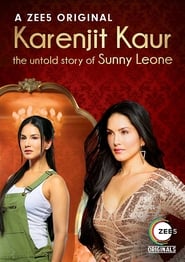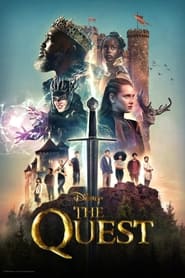Horror might be the genre best-suited to the short-film format. Tension and suspense are both good and worthwhile, and they benefit from the slow-burn, long-form approach of horror directors like Guillermo del Toro, Ben Wheatley, or Jennifer Kent. But straight terror? Terror is an instantaneous reaction that allows for compressed storytelling, and anthology films like Scary Stories to Tell in the Dark and The Mortuary Collection leverage this quality to their benefit. Each of those anthologies offer up scares in increments of 20 minutes or so, from the former’s exploding spider bite to the latter’s elaborate babysitting frame story. The buildups are quick, and the payoffs are satisfyingly unsettling.Deadhouse Dark Season 1.
The latest offering in this subgenre, Shudder’s anthology horror collection Deadhouse Dark, relies on that same approach for its six stories loosely linked by a general fear of the “dark web.” But aside from a couple of exceptionally shocking moments, Deadhouse Dark is a shaky collection that doesn’t take advantage of the unique interconnectedness an anthology format can offer.Most movies about social media take a broad “relying on technology is risky” angle: either literally, like Henry Joost and Ariel Schulman’s Nerve, or figuratively, like Gia Coppola’s upcoming Mainstream. Deadhouse Dark falls somewhere in the middle, with horrors both tangible and disembodied. For the most part, the film’s six stories share a predictable commonality: the suggestion that our desire for attention, as filtered through social media, is our greatest weakness. Explicit sources of danger include immediately trusting people met online, and craving approval from strangers. And Deadhouse Dark does have a bit of an afterschool-special vibe in the installments “No Pain No Gain” and “The Staircase.”

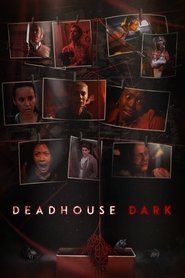


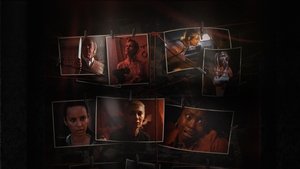
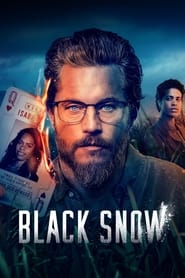

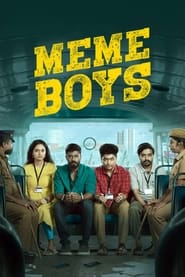
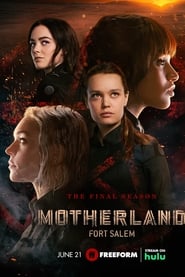
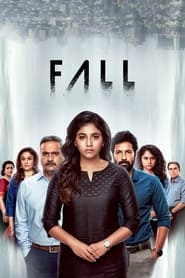
![Fauda [Season 3-4]](https://image.tmdb.org/t/p/w185/oDU0IFMSoOdzFYjsj7nAagdRDOZ.jpg)
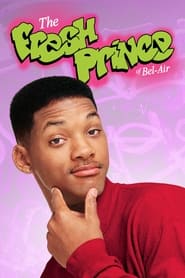
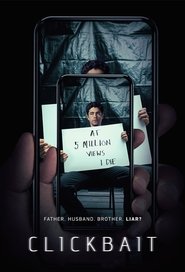

![Russian Doll [Season-2]](https://image.tmdb.org/t/p/w185/1ju4vQ1EwlIkQxEgWiYmxOs3iBG.jpg)
